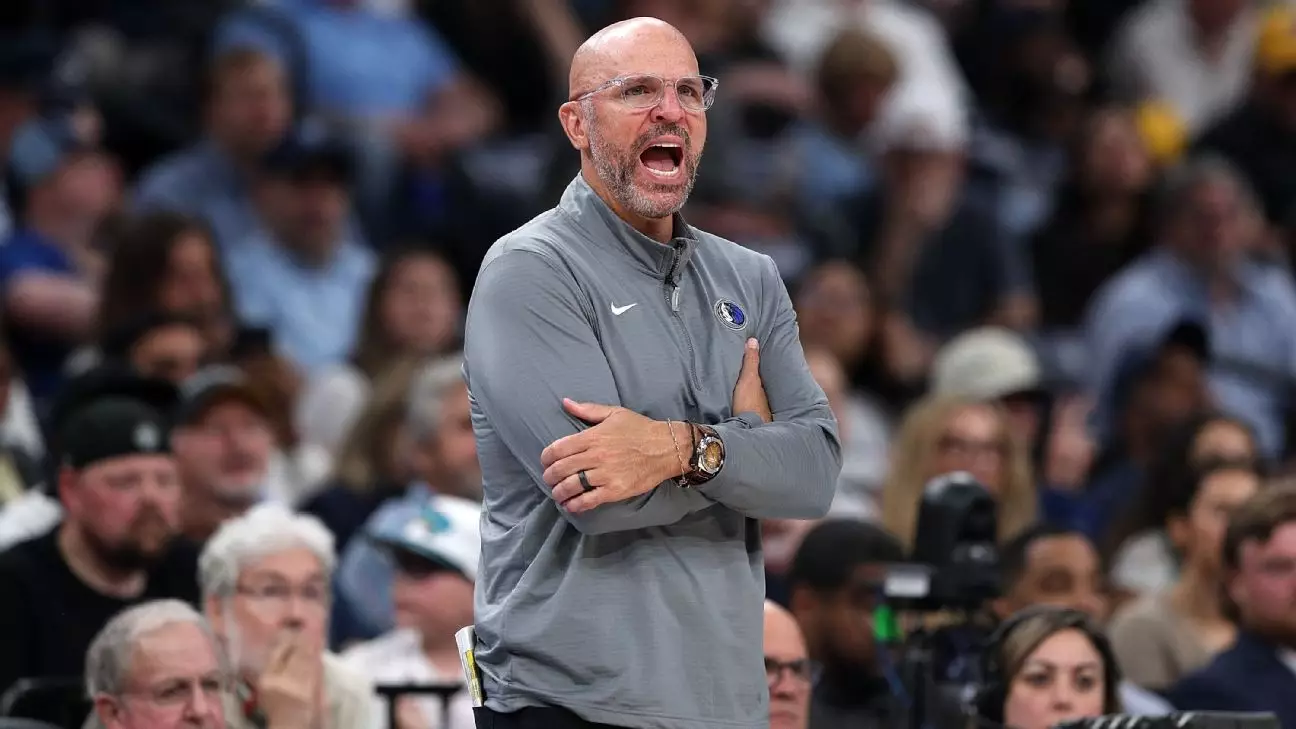In a significant development for both American sports and English football, NBA Hall of Famer Jason Kidd has taken a key role in the ownership of Premier League club Everton. Kidd’s integration into the Roundhouse Capital Holdings ownership group, which is aligned with The Friedkin Group, marks a pivotal moment for Everton, especially as the team faces a revitalization era under new management. While there are many discussions around sports ownership blending across continents, Kidd’s involvement adds a fresh dynamic to the landscape of an already storied club that has faced its share of challenges.
Jason Kidd: More Than Just a Basketball Legend
At 52, Kidd’s accolades as a 10-time NBA All-Star and two-time Olympic champion lay a solid foundation for his new role. However, it’s essential to see beyond the titles. Kidd has built a reputation for leadership and perseverance throughout his illustrious career, having coached teams like the Brooklyn Nets, Milwaukee Bucks, and Dallas Mavericks. His transition from player to coach demonstrates a deep understanding of high-performance environments, which could have far-reaching implications for Everton. As the team navigates ownership complexities and aims for resurgence in the Premier League, Kidd’s winning mentality and strategic thinking will likely prove invaluable.
The Vision Ahead
Everton is currently seated in the mid-tier of the Premier League table, yet there’s a palpable sense of momentum following the appointment of manager David Moyes. The club’s anticipated move to a state-of-the-art 52,888-capacity stadium further underscores a commitment to elevating its presence in the league. Kidd’s excitement about joining at this juncture cannot be understated; it represents both a challenge and an opportunity. In his statement, he emphasizes the importance of contributing to Everton’s future, showcasing his readiness to harness his extensive background in high-stakes sports to foster growth.
American Influence in British Football
Kidd is not the first American sports figure to venture into English football, as evidenced by NFL icon Tom Brady’s investment in Birmingham City and LeBron James’ stake in Liverpool. Each of these acquisitions highlights a trend where established athletes seek to diversify their influence beyond their original sports. As more American money enters the English football sphere, the implications accelerate — opening channels for enhanced partnerships, innovative practices, and the infusion of fresh perspectives that may change the game. Kidd’s insight could potentially usher in winning strategies that have worked well in the NBA.
Looking Toward the Future
As Kidd joins Everton’s ownership, it will be interesting to monitor how his basketball insights will translate into the footballing arena. This unique crossover could usher in a transformative phase for a club aiming to return to its historic stature in English football. While Kidd’s immediate challenge will revolve around leveraging his experience, the long-term impact may reshape how sports ownership operates internationally. He stands at the crossroads of tradition and innovation, representing a new wave of leadership that seeks to learn from various sporting disciplines to achieve success.

